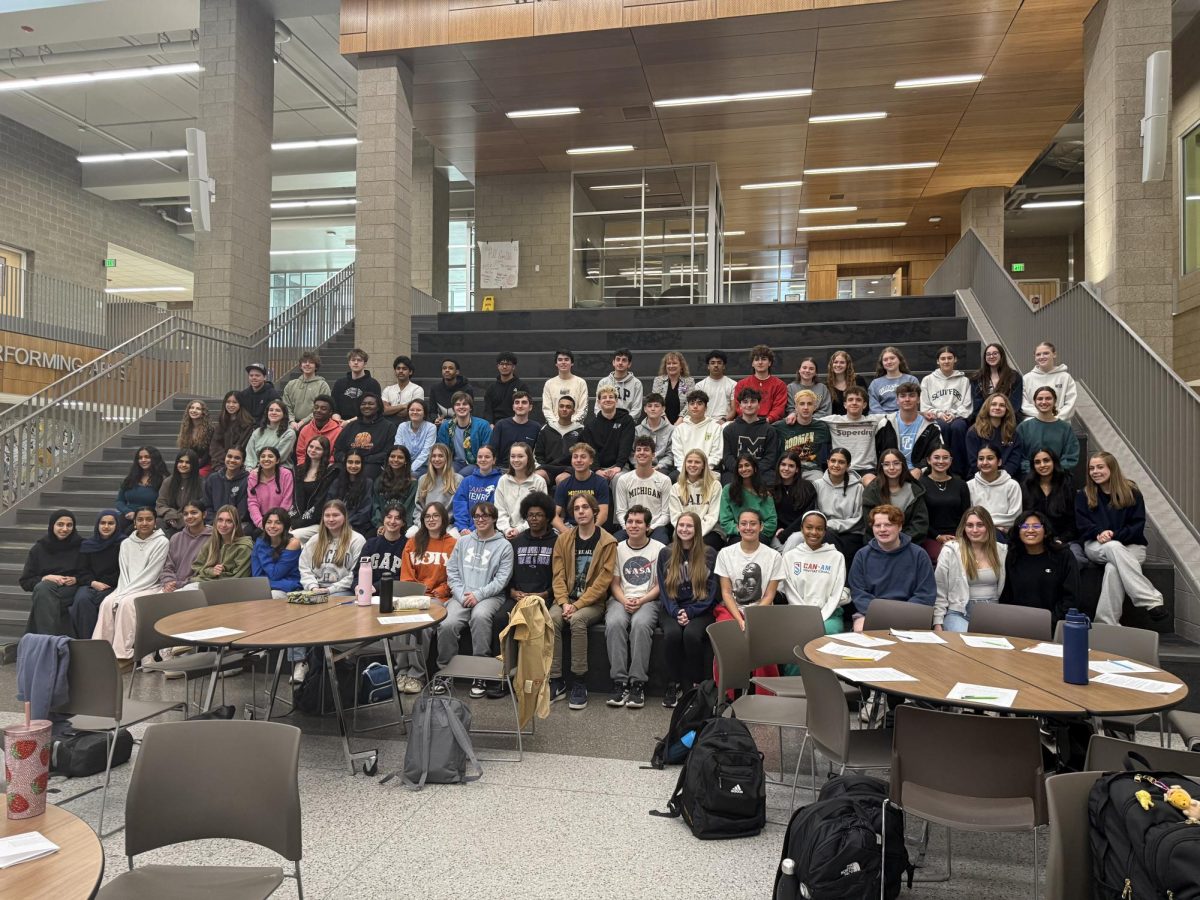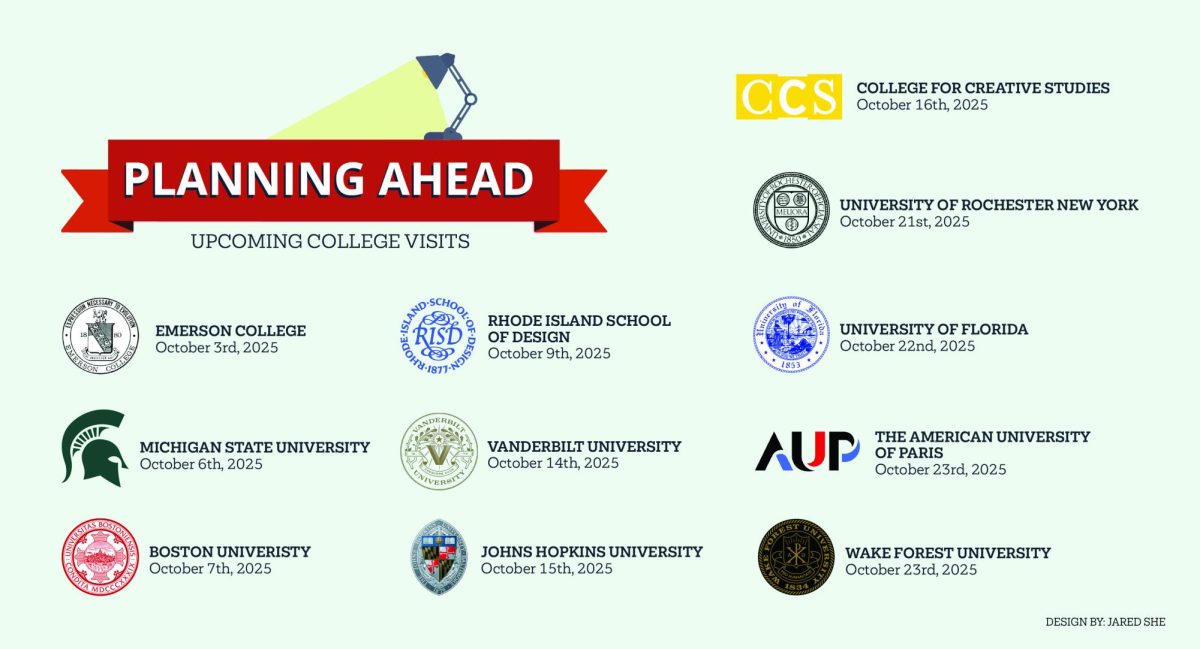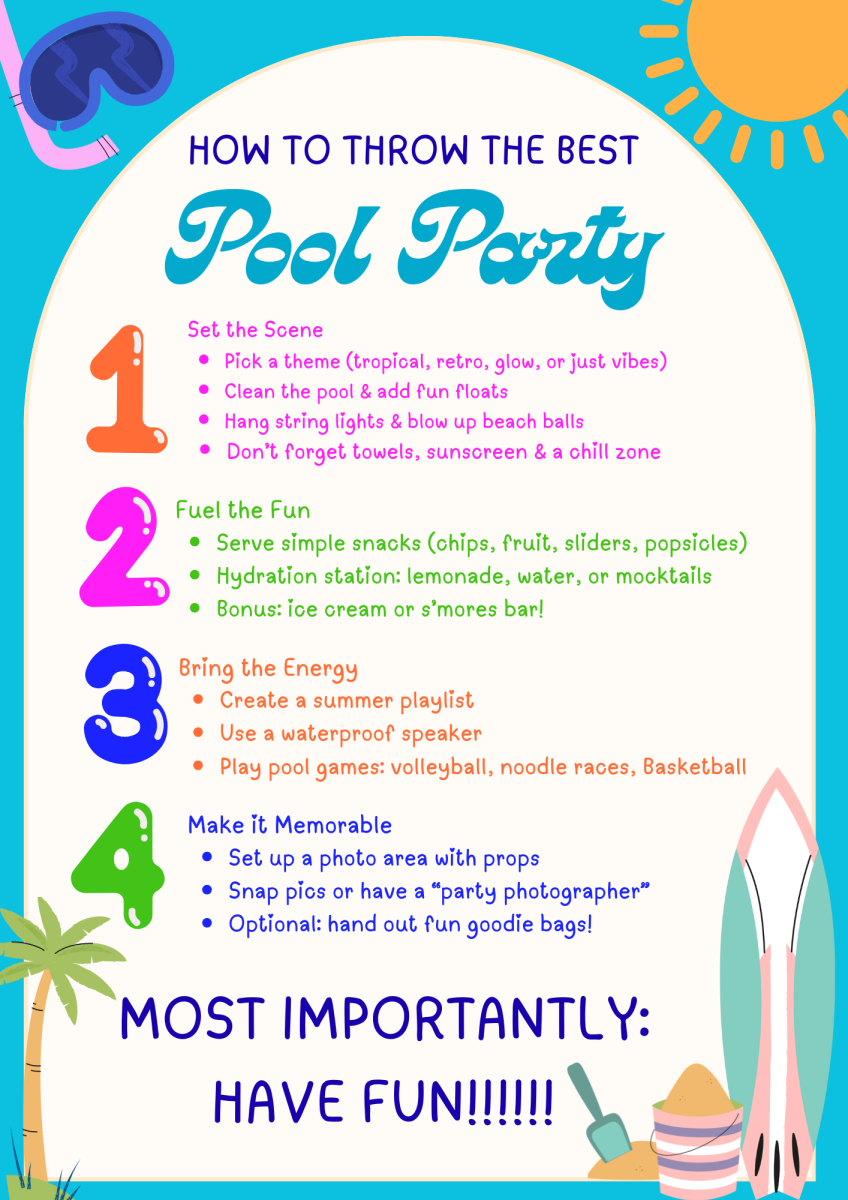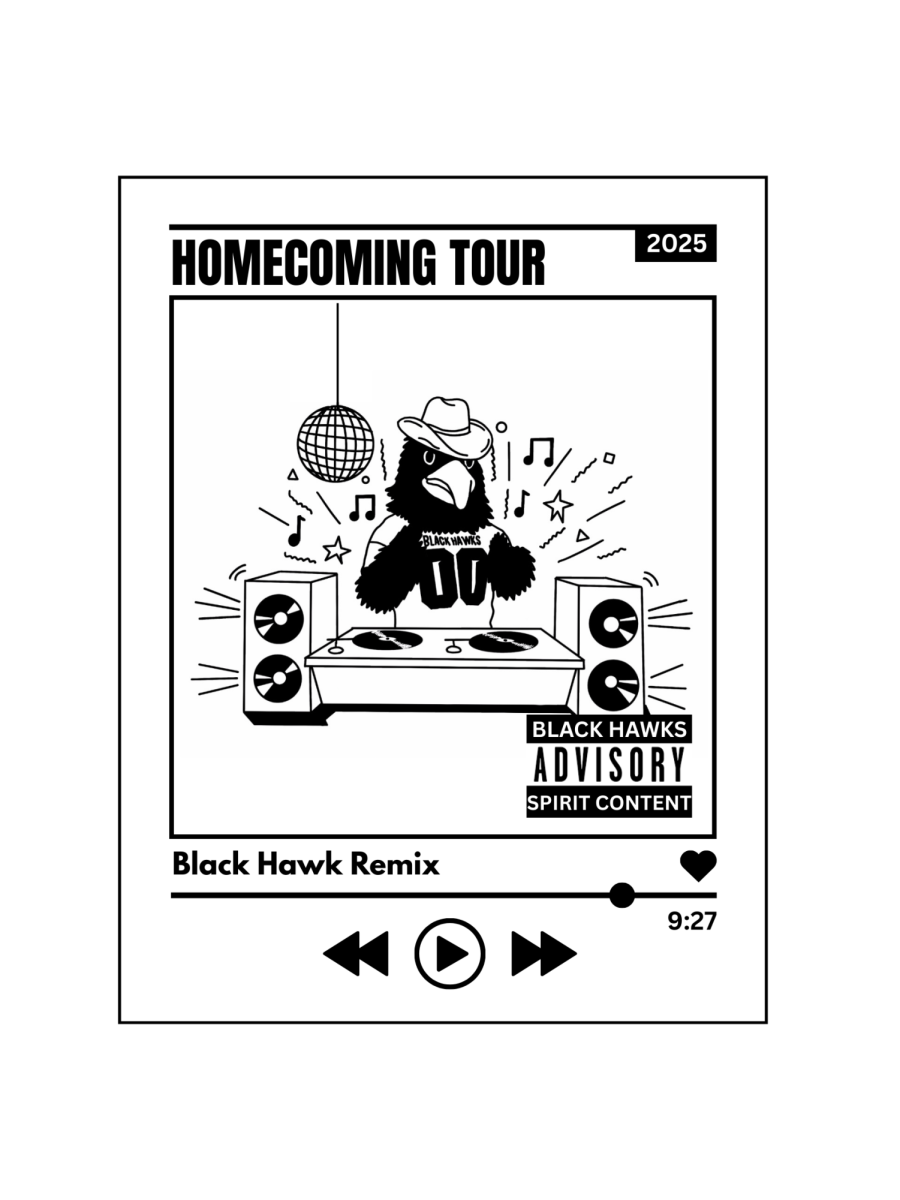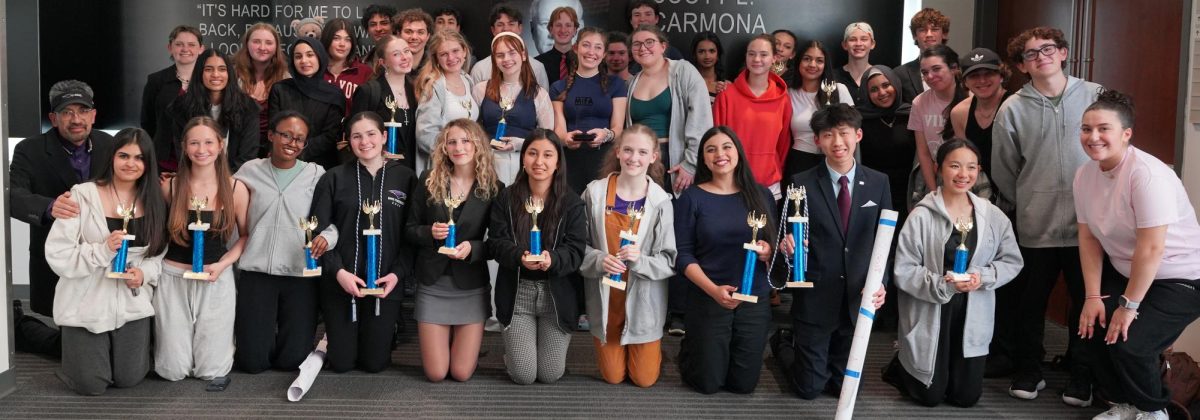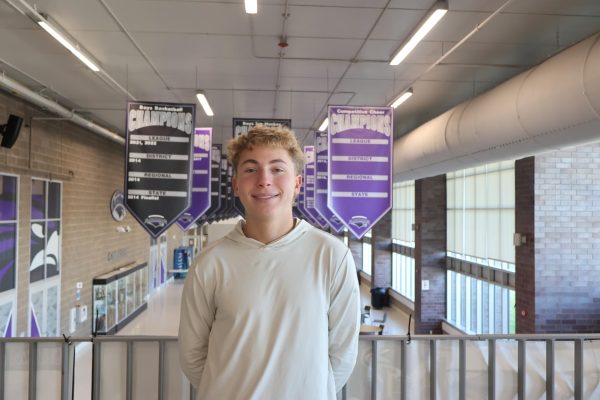As the school year begins to take shape and the Class of 2026 looks toward life after graduation, many seniors find themselves asking important questions: What steps do I need to take to continue my education? How do I make my application and essay stand out?
The college application process can often feel daunting, especially when students are challenged to write about themselves in a deeply personal and reflective way. Yet, as Mrs. Kim Bryant, the University of Michigan’s Assistant Director of Visitor Experience and Engagement, emphasized in her recent workshop, taking things at your own pace and approaching the process with authenticity can set the stage for success.
Many schools require students to write the Common App essay, which consists of seven prompt options and encourages students to share their identities and histories with admissions officers. The Common App essay has a 650-word count, and the prompts can be found on the Common App website.
Depending on the individual school one is applying to, there may be additional essays required to include in the application. These are known as supplemental essays and are often shorter than the Common App. It is crucial to inquire if a school you are interested in requires supplemental essays. Remember, balancing the content included in your Common App essay and supplemental essays can give admissions officers an overall picture of your story.
This past spring, Bloomfield Hills High School had the opportunity to welcome Mrs. Kim Bryant to share essay advice in a workshop with several students from the Class of 2026. Students first listened to an engaging and informative presentation about the difference between the Common App and supplemental essays. Then, Mrs. Bryant passed out several essays amongst the table groups and asked the students to decide on which essay they would admit to their school if they were in the shoes of an admissions officer. The activity not only exposed Bloomfield students to various styles of college essays but also had them analyze each one, peeling back layers to learn and develop a basis for identifying what parts contributed to the essay’s effectiveness. Additionally, students learned common mistakes past applicants have made in their essays. These include not talking enough about themselves, grammatical errors, relisting activities, and referencing random staff members and professors without a personal connection. Finally, Mrs. Bryant explained some positive tips to help students improve their essays, including the importance of using unique experiences, explaining abbreviations, writing in one’s own voice, and including various standpoints in different essays.
As application deadlines approach, it is vital to remember Mrs. Bryant’s suggestions. By following these principles, seniors can navigate the application journey with both confidence and clarity.

